

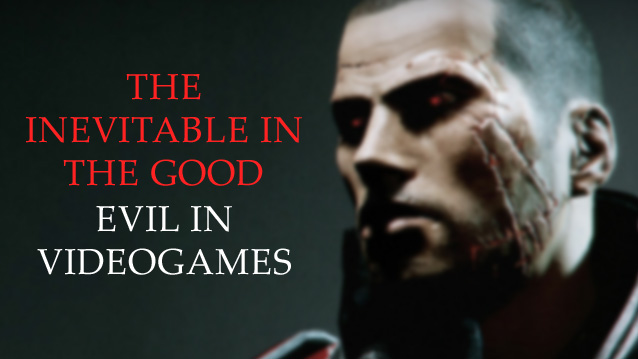
Evil never really seems to catch a break. It has been battled and conquered a multitude of times in movies, books, and games alike. So if evil is so commonly “pwned”, what is the point of even being evil?
Umm… because it’s fun. Who doesn’t want to run around and punch innocent bystanders in the face simply because they give you the slightest flicker of a glare? This made games like Fable and Black and White an amazing experience. Regardless of how evil I was, I would get the same experience from the game and feel fulfilled by its completion. I could toss mighty fireballs upon helpless villages until they put their faith in me. I could run around town with demonic horns scaring little children, all while looking like a badass. Obviously I would never do any of these things in real life, but it is undeniable that performing such evil deeds is somewhat amusing (though also sometimes accompanied with a slight tingle of guilt). While the endings of these games do depend on your moral actions, throughout the actual game the plot is not affected; you have the same cut scenes, the same lines, the same encounters.
Now is the time where we gamers can take their canes or Wii-motes and point them at the youngsters, blabbering about how back in our day, it was easy to be evil.
In today’s world of the interactive narrative, being evil is not so easy. In fact it has become rather complex. It has become demanding. That tingle of guilt now becomes a wave of emotion that may actually keep you from making an evil decision. As much as I wanted some extra cash in Fallout 3, I think my character would be forced into a catatonic state from the guilt of blowing up a town with a nuclear bomb. Unlike Fable and Black and White, where the characters all seem rather monotonous, the citizens of Fallout 3 all have a face, a personality – they stand out. And with the things going on in the video game industry, these characters can only become more intricate.
Games actually react to moral choice now. It does not simply affect the ending, but the entire game experience. The game reacts to what you do. While this does take the fun out of randomly punching people in the face, as you will have to run from the guards of Skyrim… or pay the a pretty sum of money, it makes up for it in the sense that these reactions create more realistic moral decision making. They make you think about what you do. Being the evil guy becomes a little harder, and while the path of evil may be easier to take in terms of play, emotionally it may actually be harder to take. I normally make it a goal to create an evil character in many of the narrative games I play, however… I never can. I feel fulfilled after beating games like Mass Effect as a full paragon rather than a renegade. But why?
You can have different endings, but the thing is – the endings share similar results.There are still some troubles with this reactive system. While you can be a renegade, typically the end result is the same (sort of). You can have different endings, but the thing is – the endings share similar results. I could be a renegade till kingdom come, letting my comrades die so I can get all the glory, wearing Jack’s mask in Fable so I alone can have ultimate power, blowing up nuclear bombs for money, but regardless of how evil I am, in the end I am always saving the world. If I want to, why can I not destroy the world? The only difference in being evil now is that a few more people may die in the process. It is as if these games never want you to be fully evil – in the end they all share the same morals. They put the inevitable in the good. But this cannot be so for the games that wish to grasp an extreme sense of realism. Why? Because morality is not objective…. It is very, very subjective.
The interactive narrative does indeed carry an ever-increasing level of moral choice – but as of now the choices seem shallow. There needs to be a motivation to be both good and evil…and perhaps even an option that is not so black and white, or even neutral. Yet games are only going forward in the choices of morality, especially where you must make an immoral decision in order to make a moral one, or when you make what appears to be a moral choice, but actually has immoral consequences. This makes morality as it should be -- complex. It always has been and always will be. When sacrifice is made for both good and evil, and the games react accordingly to those choices made… when games react to every person killed and every action made, rather than the strictly black and when the endings change accordingly -- this is when moral choice becomes much more real. Personally, I would enjoy seeing some interactive narratives that let me destroy the world for once.

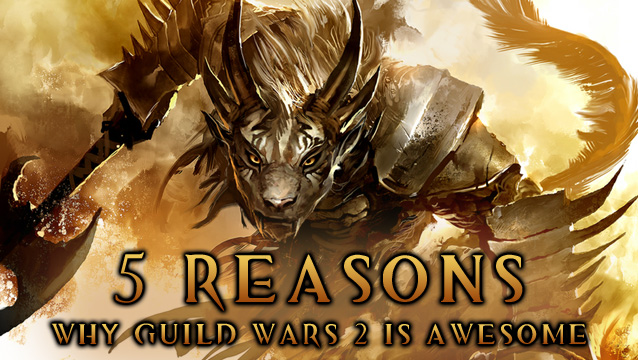


 How to Fix the Windows 10 Screen Flashing Problem
How to Fix the Windows 10 Screen Flashing Problem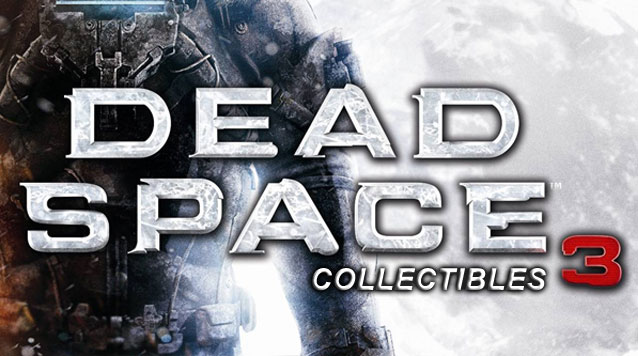 Dead Space 3 Collectibles Location Guide: Weapons, Artifacts, Circuit Nodes And Logs
Dead Space 3 Collectibles Location Guide: Weapons, Artifacts, Circuit Nodes And Logs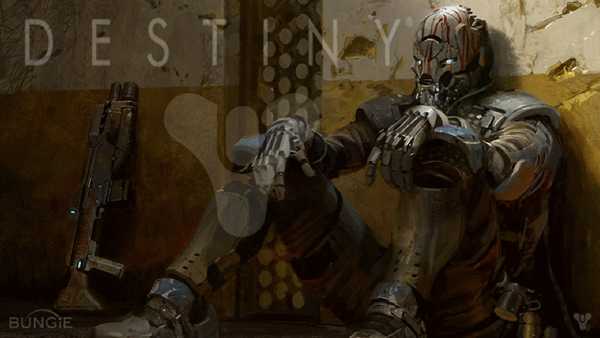 How to unlock Destiny Shaders, Ghost Shell and Sparrows for PS4 and Xbox One
How to unlock Destiny Shaders, Ghost Shell and Sparrows for PS4 and Xbox One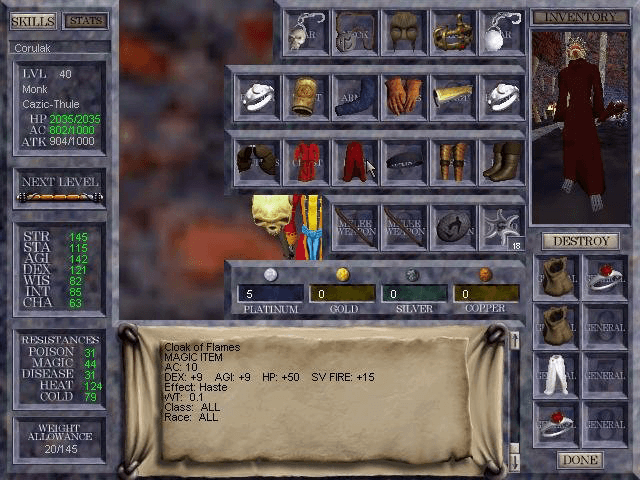 What MMORPGs Taught Me About Self-Improvement
What MMORPGs Taught Me About Self-Improvement Just Cause 3 Rebels Shrine locations - Fonte, Dracon, Striate
Just Cause 3 Rebels Shrine locations - Fonte, Dracon, Striate